by Collin Vito
You picked out all the toys, set up all the vet appointments, and you brought your new furry best friend home—-now what?
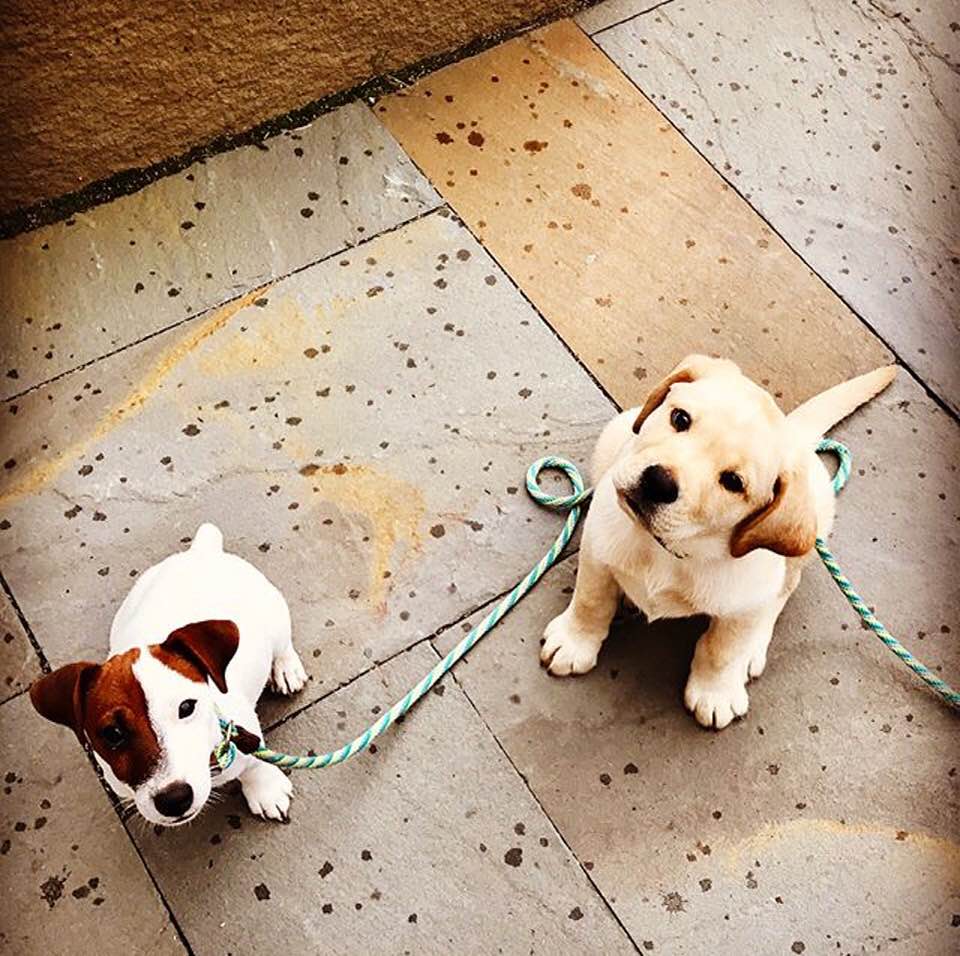
Bringing home a new puppy can be an overload of cuteness and fun (especially for your Instagram), but what about when those cute “oops” moments become not-so-cute accidents on your new rug, or not-so-painless “chomps” when you’re playing tug of war?
Even the most successful puppy training will still have accidental spills and chomps, but here are some tips to assist with a successful start!
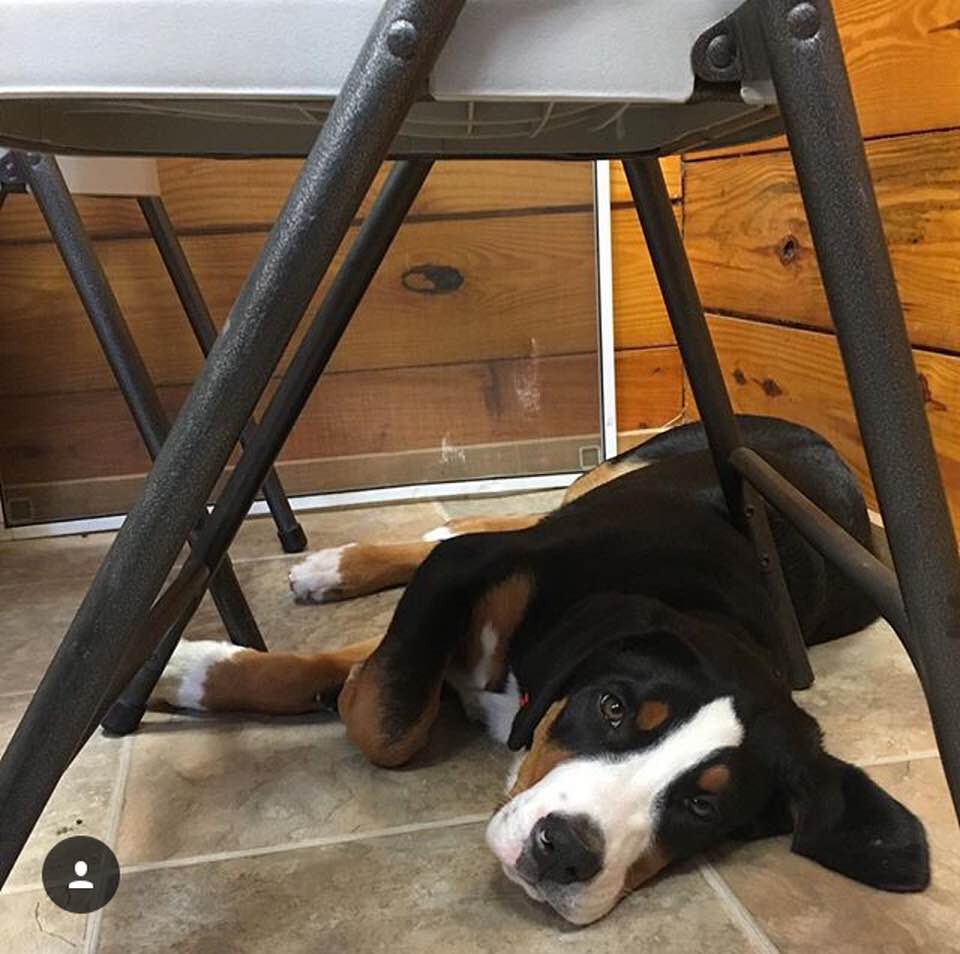
1. Be Productive
Every moment can be a teachable moment, especially for a young pup! Formal training sessions aren’t always necessary.
Our pups have a natural sense of curiosity and will explore their environment every chance they get. We can use this curiosity to our advantage by rewarding for positive interactions and redirecting for not so good interactions. The easiest way to reward your puppy and let them know you liked something they did is to pair that behavior with a treat! For example, if your puppy decides to lay down in their crate without you asking them to go in, you can toss a treat in there for them!
Having treats on hand around the house and on walks will be key for catching these behaviors we want to reinforce and encourage. When your puppy does something you do not like, try redirecting to something positive they can be doing instead. If your puppy is chewing on your favorite pair of shoes, try trading for one of their toys they can be chewing instead. This way you can teach your puppy what they can be doing, instead of only telling them what they are not allowed to do.
Some behaviors can be reinforced with other things such as play, praise, or just our attention! If your puppy sits nicely instead of jumping, when wanting to greet someone, the reward can be their attention and petting. Take every opportunity you can to tell your puppy when they do something you like, so that behavior increases!
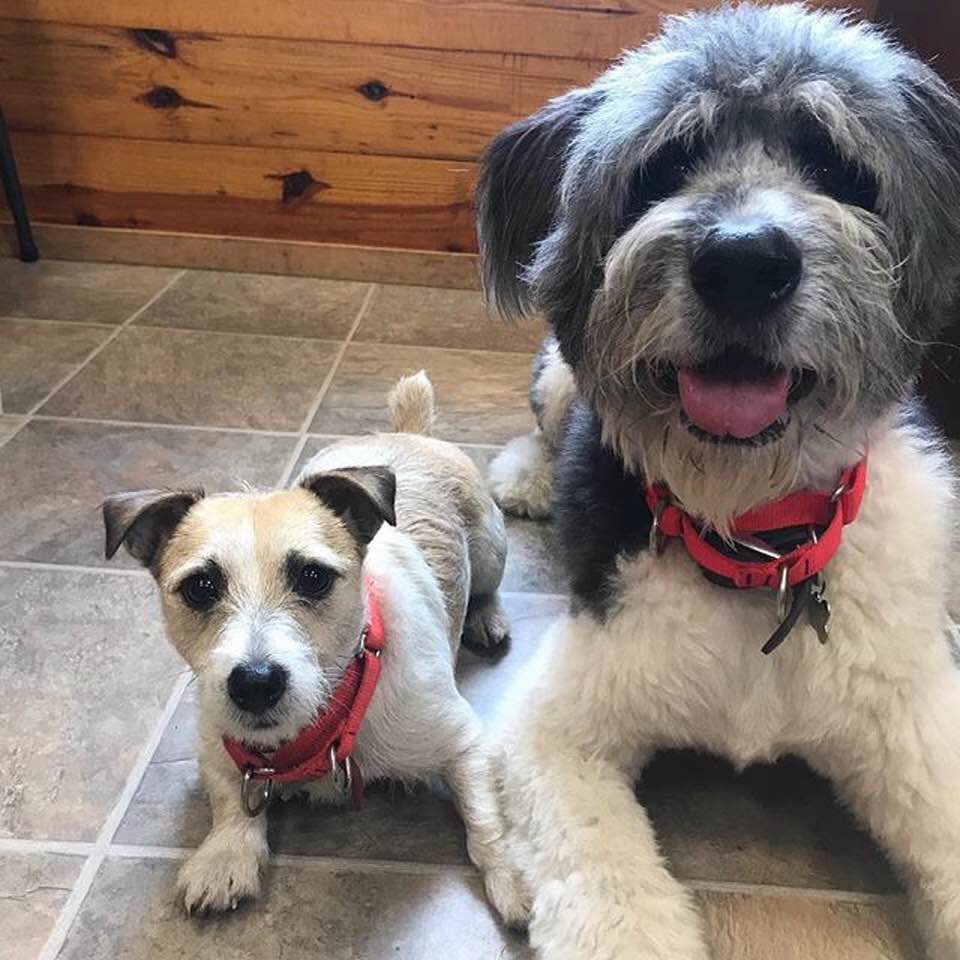
2. Be Consistent
Puppies are great at recognizing patterns, even from a very a young age. This means that puppies will respond well to having a consistent schedule, and rules for the house. Setting a schedule for when your puppy goes outside, eats a meal, plays, trains, and naps can be essential for training, especially potty training. You will quickly start to recognize when your puppy has a specific need, such as going outside, based on the time of day. Over time, your puppy will develop signs to tell you when they need to potty, play, or eat using their body language. Recognizing your puppy’s signs and reacting to them consistently is key to communication between you and your puppy.
Consistency in enforcing our house rules and how we react to certain nuisance behaviors will help your puppy understand the rules much faster. Making sure everyone who interacts with your puppy knows how to react to different behaviors will be key to building successful house rules. For example, if the rule is that you do not allow your puppy to bite on your hands during play time, no one should allow biting during play time. This way, your puppy will quickly realize the rule applies to every person and situation!
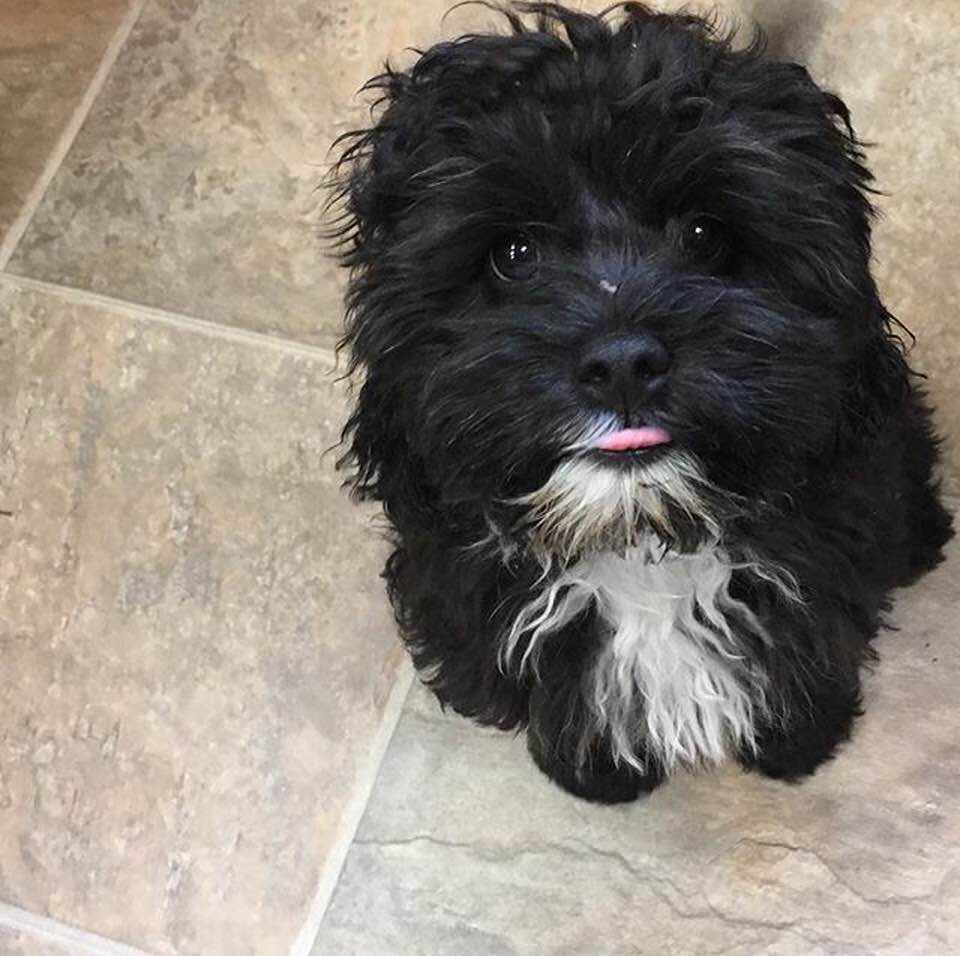
3. Be Patient
Training a puppy can be a lot of work! There will be good days and some not so good days. The best thing we can do to ensure our puppies have a positive experience when they are learning is to take things in stride. Sometimes it will take your puppy a moment to think a behavior through, and in this case it’s good to give them some time to think and not overload them with multiple cues. For example, if you ask your puppy to sit before getting the leash on, but they are super excited to go for a walk and do not sit right away, wait them out until they sit before putting the leash on. Sometimes all it takes is a few moments for them to think it through, especially for behaviors that have been practiced!
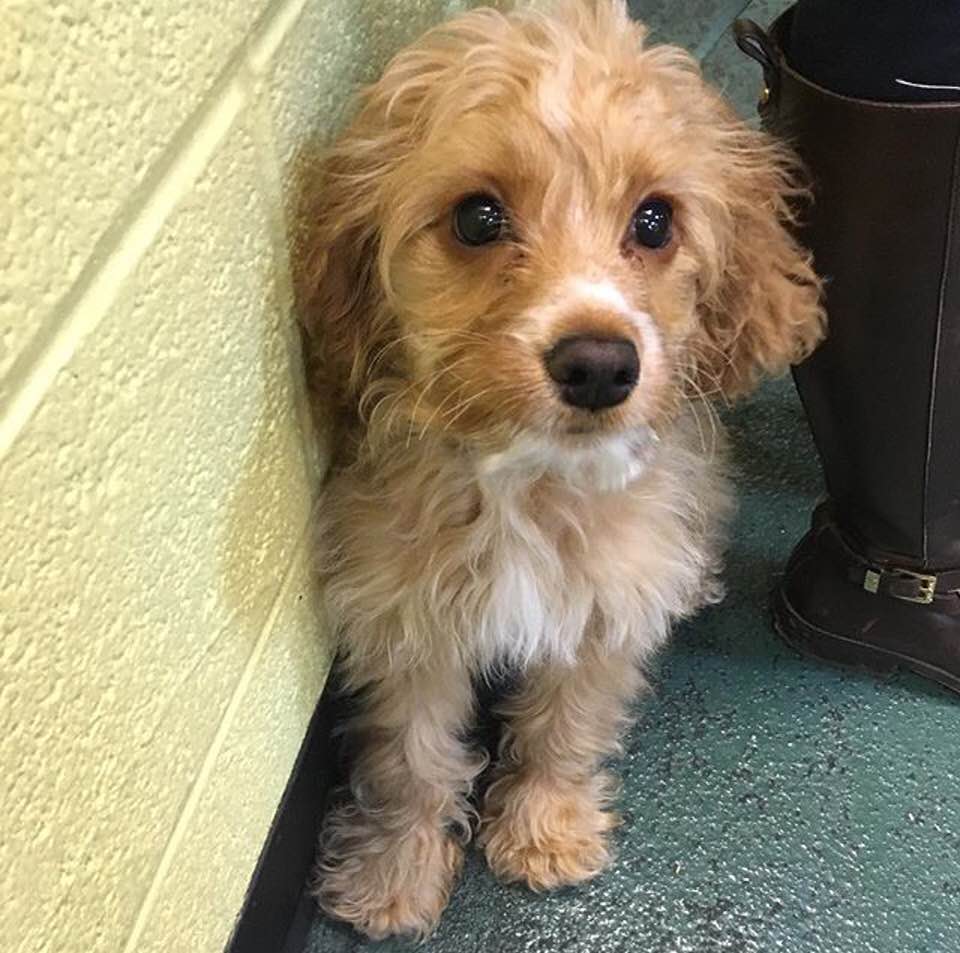
For more great puppy tips, I encourage you to check out the book Perfect Puppy in 7 Days: How to Start Your Puppy Off Right by Dr. Sophia Yin. This book is full of the best tips and techniques to help start you and your puppy on the path of building a strong bond through training and socialization.

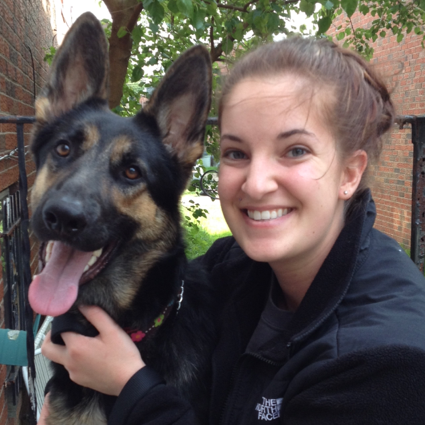
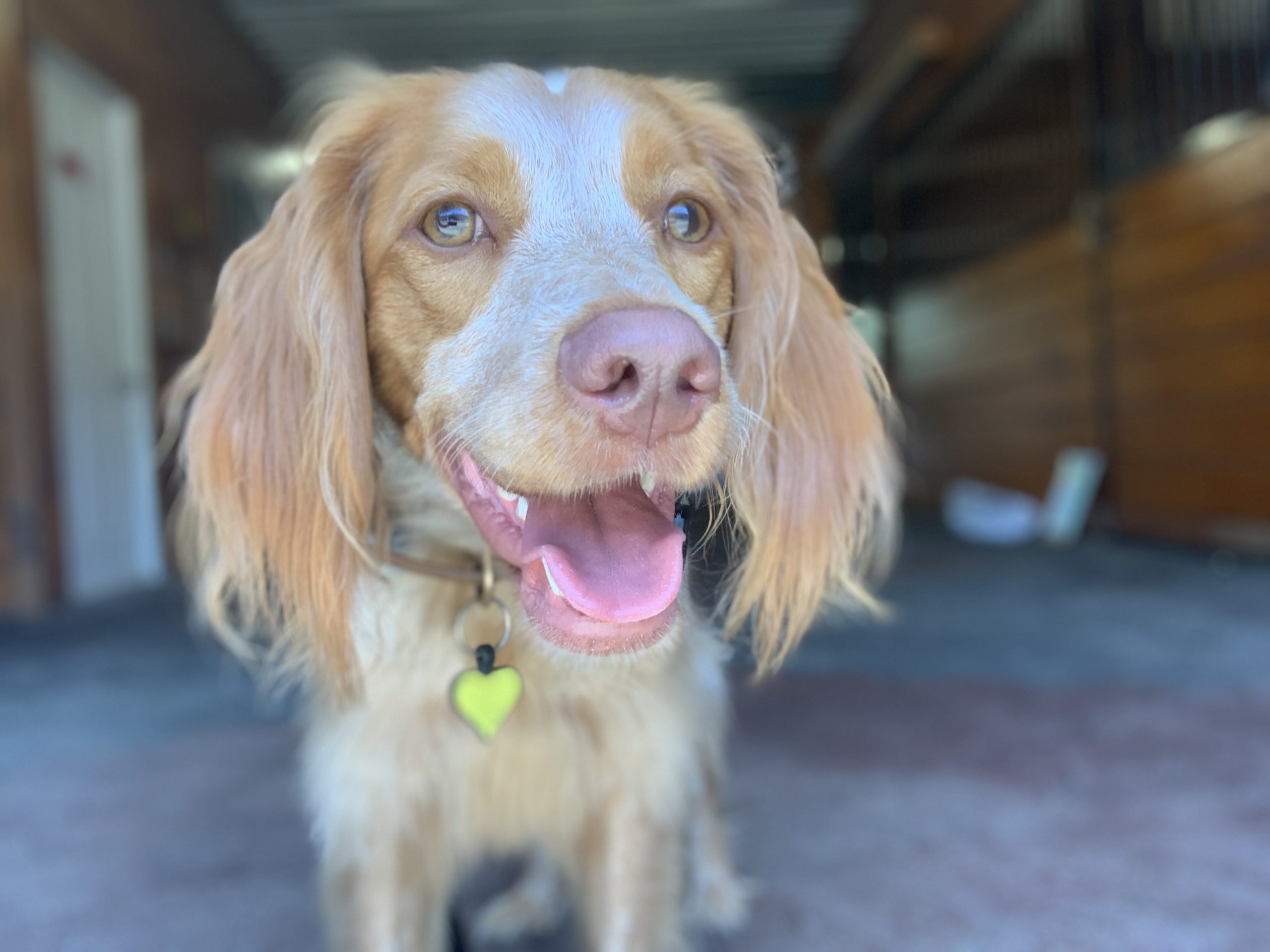
I found it interesting when you said that noticing your puppy’s signs and acting consistently is key to the relationship. My wife and I just got a Golden Doodle puppy and we want him to be properly trained and well behaved. Thanks for the information and I’ll continue my research on how to train a puppy.
I’m glad you mentioned that puppies enjoy a consistent schedule each day and clear household rules. Now that I finally live in a house that has a backyard, I am planning on getting a puppy this upcoming spring. I will be sure to implement a reliable schedule so that my new puppy feels comfortable and safe.
I bought a Golden Doodle puppy and I want him to be properly trained and well behaved. I hope your article will guide me in the right direction.
It’s good to know from this article that we can still teach some tricks to our dog without formal training. We have a very lazy cat at home that sleeps a lot, so we’re thinking that having a puppy we can train is a good addition to our family. I’ll try looking around for black German Shepherd puppies here in San Antonio, TX.
Thanks for explaining how you should be patient and give your puppy time to complete the behavior before moving on. I am hoping to get a new puppy by the end of the year, so I am doing a lot of research in advance. I will keep in mind to stay patient and as consistent as possible, as you mentioned.
Comments are closed.